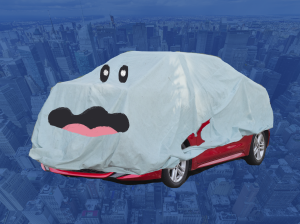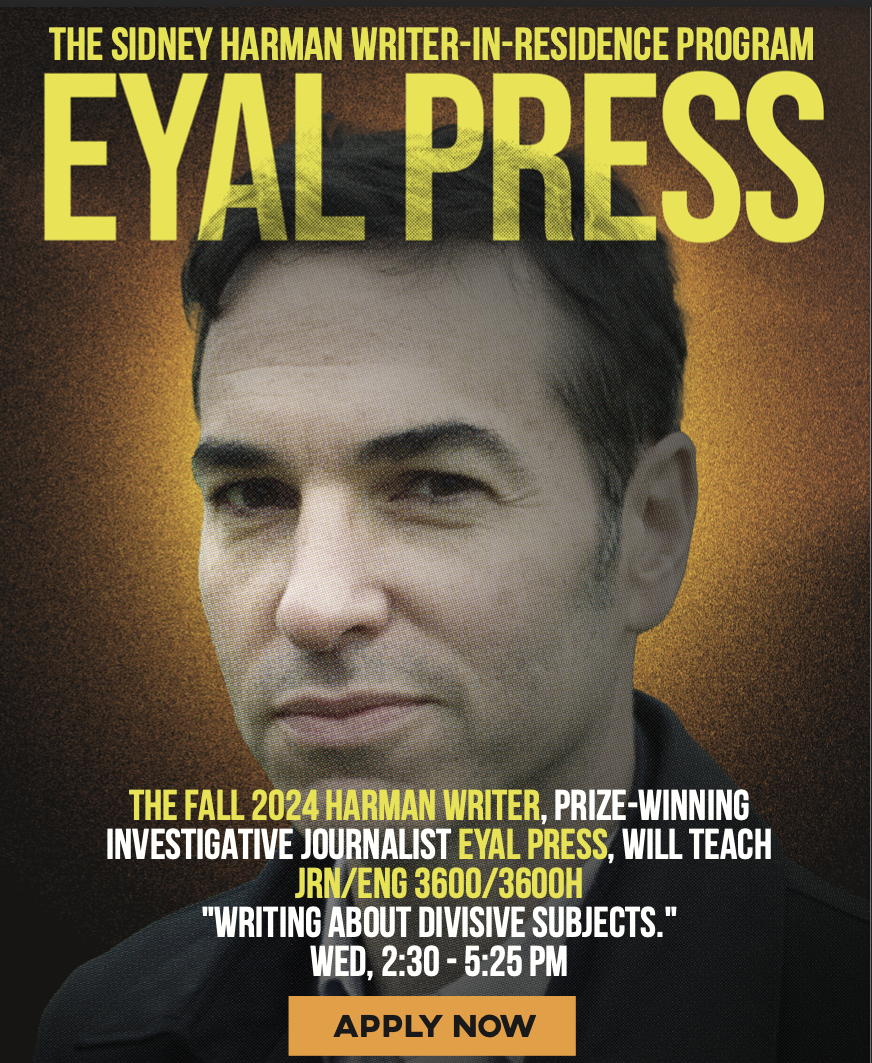Creative internships increasingly exploit interns
June 25, 2021
Companies in the creative industry such as fashion, art, film and various other sectors have always had their pick of interns who are itching to get their foot in the door toward the career paths of their dreams. Typically, the need for experience is met with a company’s urge to bring fresh ideas to their consumers and audience. However, in recent years interns in creative fields have gained less experience and faced more exploitation.
Oftentimes, an intern will be exploited for their work in exchange for college credit, however, in recent years the exploitation starts before an intern can even gain the experience. Various companies such as Apple Inc., Spotify, Balenciaga, and Converse were accused of implementing ideas from interns and internship applicants without any credit, job offers or even internship proposals.
Converse recently launched a line centered around National Parks and their color palettes. In 2019, the same idea was presented in an intern application by Cecilia Monge, which was denied. On TikTok, Monge presented her designs side-by-side with the line Converse released, showing that the designs had beyond coincidental resemblance to what Monge presented in her application.
Converse argued that its designs for the line started before the launch was even created, according to Time. The brand also argued that the application was not shared with other sectors of the business.
This doesn’t seem to accurately address that instead of exploring the idea byan upcoming young designer, Converse chose to explore the idea with their already established team. Even if the idea was not stolen, it does beg the question: why wasn’t a young designer chosen for an opportunity they were perfect for?
For designers, their concepts are what will be their livelihood. All ideas are typically presented in good faith, but this hasn’t been matched by the companies that receive the ideas. In the world of fashion, copyright doesn’t often protect design ideas as it would in other creative industries.
The only justice in these instances have been from the internet’s uproar when an intern has spoken out about their experiences. Unfortunately, this has only led to companies denying that ideas have been directly stolen and leaving designers in the dust.
In a digital age, inspiration can be found everywhere. However, there is still a clear-cut difference between inspiration and intellectual property theft. This issue lies in whether or not the intellectual property belongs to the intern or the company they designed their ideas for.
A similar issue arose when Balenciaga reached out to a young designer about her fabric draping on motorcycles. After a Balenciaga representative requested Tra My Nguyen’s portfolio with an internship offer in mind, Nguyen did not receive a response, but later saw her concept used by Balenciaga on their social media.
Not only was she not given an internship position after submitting work that the company requested, she also received no credit for her ideas.
Internships are often the start of many design careers, but now, an internship is just waved around as a false promise in exchange for originality. If companies can legally obtain and implement prospective intern ideas without having to offer any positions nor credit, how can students effectively enter the workforce of their desired industry?
The concepts of internships start losing their meaning if ideas get poached without any feasible legal protection for their creators. If internet outrage is the only way these types of stories are being acknowledged, then the law is lacking in its ability to protect young innovators while companies exclusively benefit from the situation.
The same can be seen in the music industry, when it was revealed that Spotify’s yearly Wrapped was initially an intern project. Nevertheless, intern Jewel Ham did not receive any recognition nor a job offer after the internship ended. Spotify Wrapped arguably brought an immense amount of traction to the streaming platform after it blew up on social media and became a conversation point for most Spotify users.
These examples raise questions like whether copyright law should expand to protecting individual ideas instead of the implementation of ideas by established corporations.
Smaller artists are the ones who will eventually be exploited in these industries if nothing changes, and their work should be valued the same way established companies are. Eventually, ideas will no longer be submitted and stifled creatives will have to look for careers in other fields.
Surely, this is not what the future of entertainment and design industries should look like.









CharlesCox • Aug 7, 2021 at 10:28 am
Excellent article. Thanks!